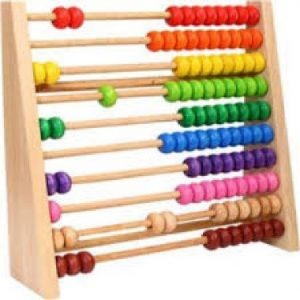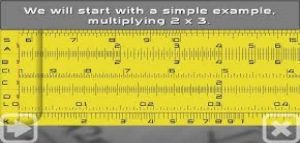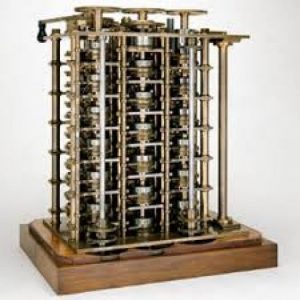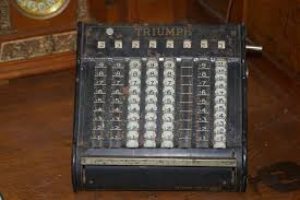Back to: COMPUTER SCIENCE SS1
Welcome to class!
In today’s class, we will be talking about the history of the computer. Enjoy the class!
History of Computer I

The development of the first counting device has been dated to ancient times, a man called abacus used a counting device about 3000 years ago and from this time and man has continued to improve. Ancient methods of counting were through the use of fingers, stones, sticks and grains.
The history of computer science began long before the modern discipline of computer science that emerged in the 20th century and hinted at in the centuries prior. The progression, from mechanical inventions and mathematical theories towards the modern computer concepts and machines, formed a major academic field and the basis of a massive worldwide industry.
The earliest known tool for use in computation was the abacus, developed in period 2700–2300 BCE in summer. The Sumerians’ abacus consisted of a table of successive columns which delimited the successive orders of magnitude of their sexagesimal number system. Its original style of usage was by lines drawn in sand with pebbles. Abaci of more modern design are still used as calculation tools today.
Charles Babbage is described as the ‘Father of Computer’. Charles Babbage, an English mechanical engineer and polymath, originated the concept of a programmable computer. Considered the “father of the computer”, he conceptualized and invented the first mechanical computer in the early 19th century.
After working on his revolutionary difference engine, designed to aid in navigational calculations, in 1833 he realized that much more general design, an Analytical Engine, was possible. The input of programs and data was to be provided to the machine via punched cards, a method being used at the time to direct mechanical looms such as the Jacquard loom. For output, the machine would have a printer, a curve plotter and a bell. The machine would also be able to punch numbers onto cards to be read in later. The Engine incorporated an arithmetic logic unit, control flow in the form of conditional branching and loops, and integrated memory, making it the first design for a general-purpose computer that could be described in modern terms as Turing-complete.
Mechanical devices
- Abacus: It is the earliest form of a computing system and was produced by the Chinese in the early age. It is made up of a frame, iron and beads in between them. They are used for counting and calculating. Also functions in adding and subtracting.

- Slide rule: This is used for performing operation which involves multiplication and division.

Electronic devices
- Pascal’s calculating machine: Blaise Pascal invented a hand-operated calculator. This was operated by turning dials.
- Charles Babbage: He was credited for the invention of modern computer and he was also called the Father of Computer. The machines he invented are called the “difference machine” and the ‘Analyte machine’. In 1930, he used these machines to solve mathematical equations.

Charles Babbage Analyte machine

Pascal’s calculating machine
General evaluation
- Who is the “father of computer”?
- List and explain the various mechanical and electronic devices you know?
- What are the limitations of first-generation computers?
In our next class, we will be talking about the History of Computer II- Generations of Computer. We hope you enjoyed the class.
Should you have any further question, feel free to ask in the comment section below and trust us to respond as soon as possible.

It is nice
Good
Nice job
It’s nice